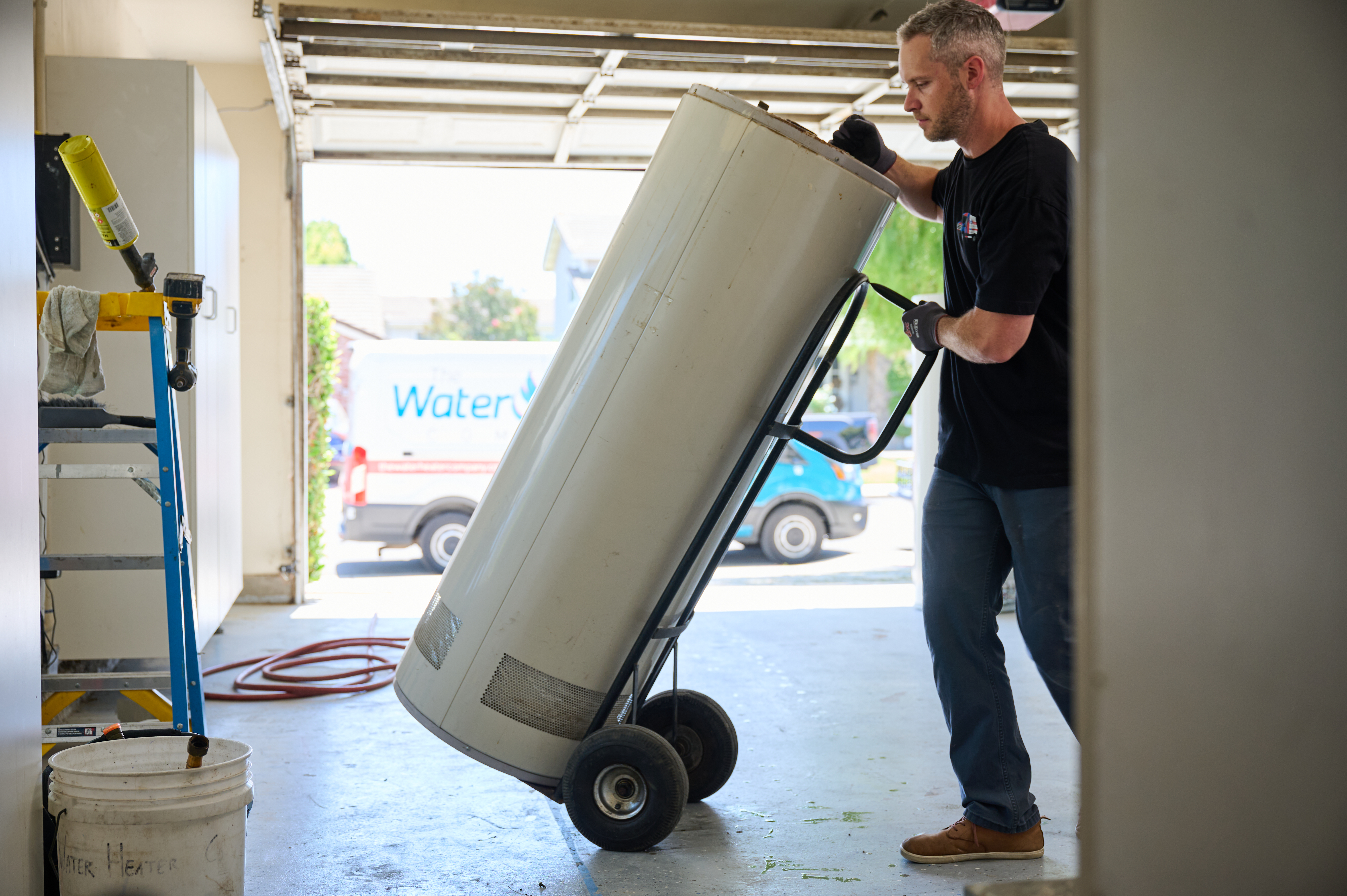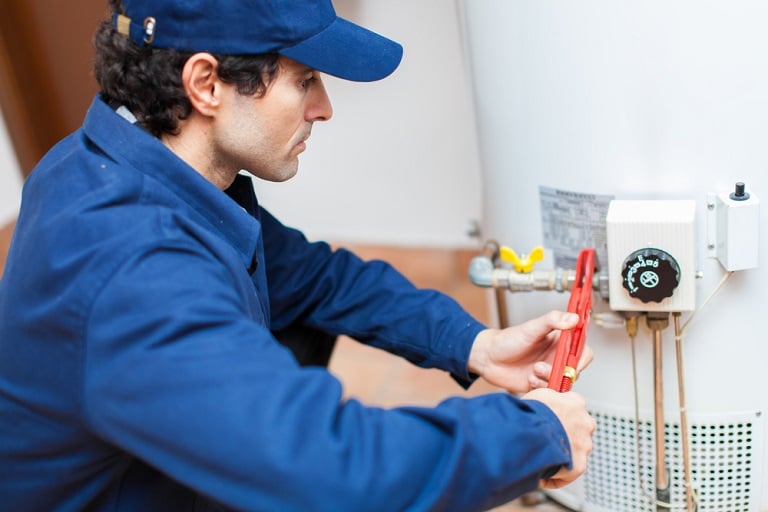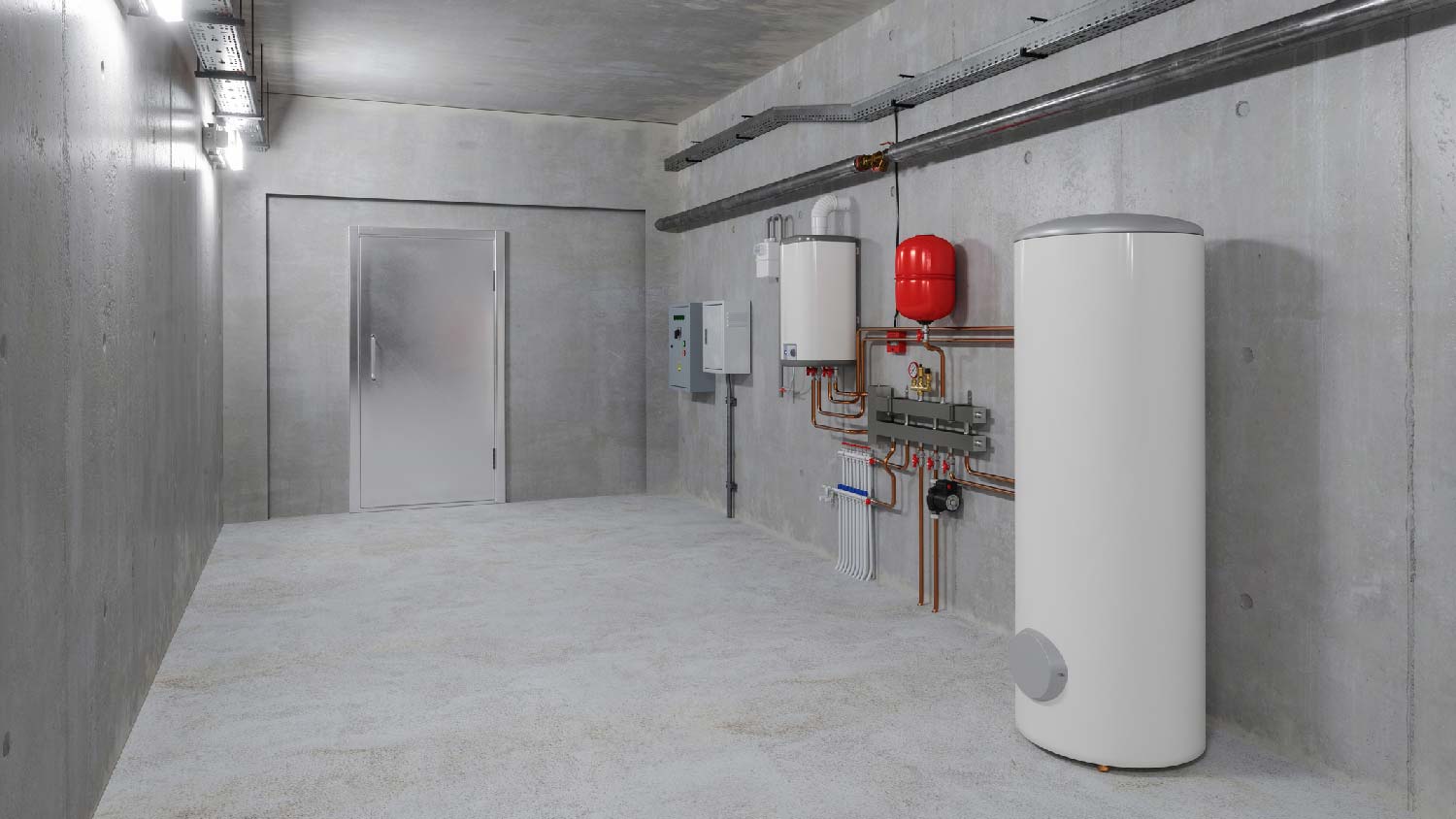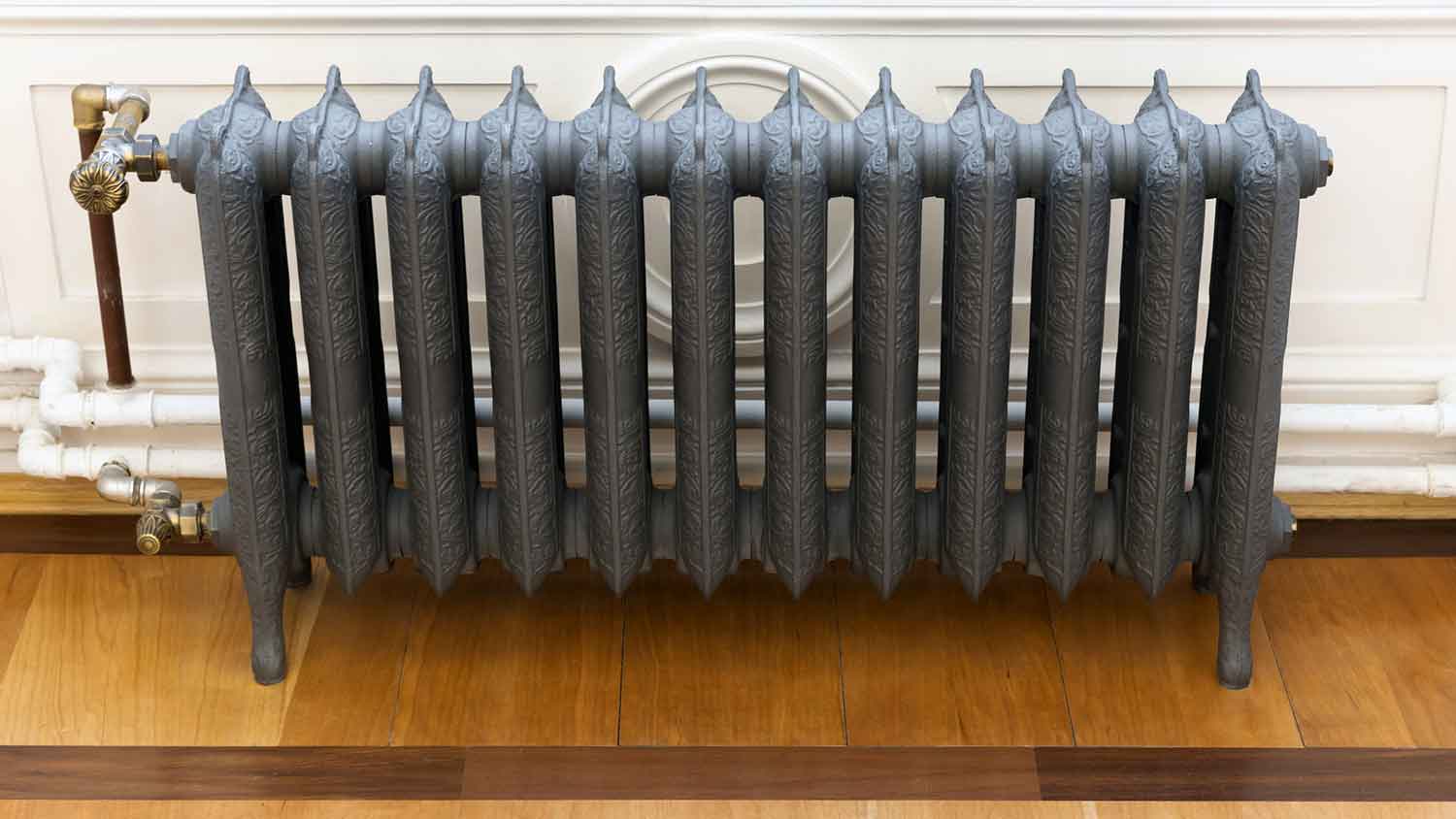
Find out the average tankless water heater repair cost, what impacts pricing, and how to save. Get expert tips to plan your repair budget with confidence.
Follow these simple steps to find and turn off your water heater gas shut-off valve


Whether you need to turn off the fuel supply because of a potential leak or you’re going on vacation for an extended period, it’s important to know how to turn off your water heater gas. Luckily, this process is simple, and you can tackle it in about 5 minutes by using just your hands and some simple household tools.
The danger of a gas leak cannot be overstated. If you smell gas, the best thing to do is to step away from your home, call 911 or your gas company’s emergency line, and follow their instructions. After you are given the go ahead to re-enter your space, you can follow the below steps to shut off the gas to your water heater.
You should start by locating your actual water heater. The location of the water heater will differ depending on the design of your home, but they tend to be tucked away in a garage, basement, crawlspace, utility room, or attic.
Occasionally, water heaters sit in a dedicated furnace closet. If you are having trouble finding it, just dig up the floorplans to your home. These plans should show the exact location of the water heater. You were likely given these plans upon the purchase of your home and your real estate agent should still have a copy even if you have misplaced them.
Once located, take some time to clear the immediate area of debris and clutter. This will allow a contractor to quickly assess the situation and come up with a game plan if you’re experiencing a gas leak or some other issue with your water heater.
Clearing an easy-to-navigate path to the water heater could end up reducing the cost of a gas valve replacement or getting new gas pipes installed.

Have your flashlight or cell phone handy to help you locate the shut-off valve. All gas appliances have a separate shut-off valve, typically within a few feet of the device. To find the gas shut-off valve on your water heater, look for a single handle, which you’ll usually find at the bottom of the unit.
Most water heaters will have a copper line entering the top. These lines have shut-off valves as well, but they’re for the water supply. The gas line will usually enter the bottom of the water heater, and they’ll be on or near the black iron pipe, which delivers natural gas to your unit.
To turn off the gas, turn the valve clockwise. If the valve is stuck, you may need to lodge it loose with a wrench. If you can’t get the gas valve to turn or can’t find the gas valve, then you may need to turn off the gas to the whole house. Also, keep in mind that you may have to reignite the pilot light once the issue has been diagnosed and fixed.

You should look to see that the water heater has successfully been turned off. To do this, turn up the temperature setting on the heater’s control box. Open up the access hatch and look inside for the burner. If it has not ignited, you are good to go.
If your water heater lacks a shut-off valve, or the valve is not near the heater, you may have been unsuccessful in stopping the gas supply to your water heater. If so, continue to the following steps to turn off the gas to the entire home.
Your home should have a gas meter somewhere outside. You can usually find it on the front or side of your house. In rare cases, it could be inside of an enclosure attached to the outside of the building. If you are having trouble finding the meter, do not hesitate to call your local gas company. They can either tell you where the meter is located or send someone out to shut the gas at the meter for you.
Once you have found the gas meter itself, it is time to locate its shut-off valve. Don’t worry: In most cases, this valve is directly next to the gas meter itself. Scan the immediate vicinity until you spot the valve. Look for a ball valve attached to a black iron pipe, though designs may vary. If you live in a multi-unit building, each unit should have its own shut-off valve.
Most gas valves require a wrench to open or close them, so now is the time to grab your wrench. The gas valve is on when it’s parallel to the incoming gas line. To stop the flow of gas, you need to give the valve a quarter-turn so that it is perpendicular to the gas line. Once completed, the gas line is closed, and the flow of gas stops.
Shutting the gas supply to your home will buy you some time and eliminate any immediate danger if you’re experiencing a leak. But you should still hire a plumber to fix your gas lines as soon as you can. They will be able to determine the cause of the gaseous odor and make the necessary repairs. The typical cost to install or repair a gas line will range from $250 to $825.
If you’re just shutting off the gas to your water heater while you’re away on vacation, you might need to call a professional afterward to relight your pilot light. If you’re comfortable, you can relight the pilot light yourself, especially if you have a newer water heater with a built-in igniter.
You can turn off the water heater’s gas supply yourself if you suspect you have a gas leak and want to take a pre-emptive step. Hiring a professional plumber will cost anywhere from $45 to $200 an hour, and most professionals will charge you an hour’s work even if the job takes half that long. Turning off the gas yourself should cost $0, provided you have the right tools on hand.
Keep in mind, though, that gas leaks are a serious problem, and turning off the gas should only be your first step. It will minimize the risk of gas inhalation, but the leak itself must be addressed for safety’s sake. If you suspect a gas leak, you should leave your home immediately, call 911, and contact a local gas plumber to diagnose and correct the issue.
From average costs to expert advice, get all the answers you need to get your job done.

Find out the average tankless water heater repair cost, what impacts pricing, and how to save. Get expert tips to plan your repair budget with confidence.

Learn all the factors that influence the cost to install a heat pump water heater at your home.

Wondering how much a water heater expansion tank costs? Use this cost guide to get an accurate estimate and learn how to choose the right one for your home.

If you’re looking to install a new heating system, discuss these key boiler and radiator questions with an HVAC pro before you schedule.

What size water heater you need depends on the number of people in your household and how much water you use. Keep reading to learn about water heater sizing.

Hybrid water heaters will have you weighing high initial costs versus long-term savings. Is it the right option for you? Explore the pros and cons of hybrid water heaters.